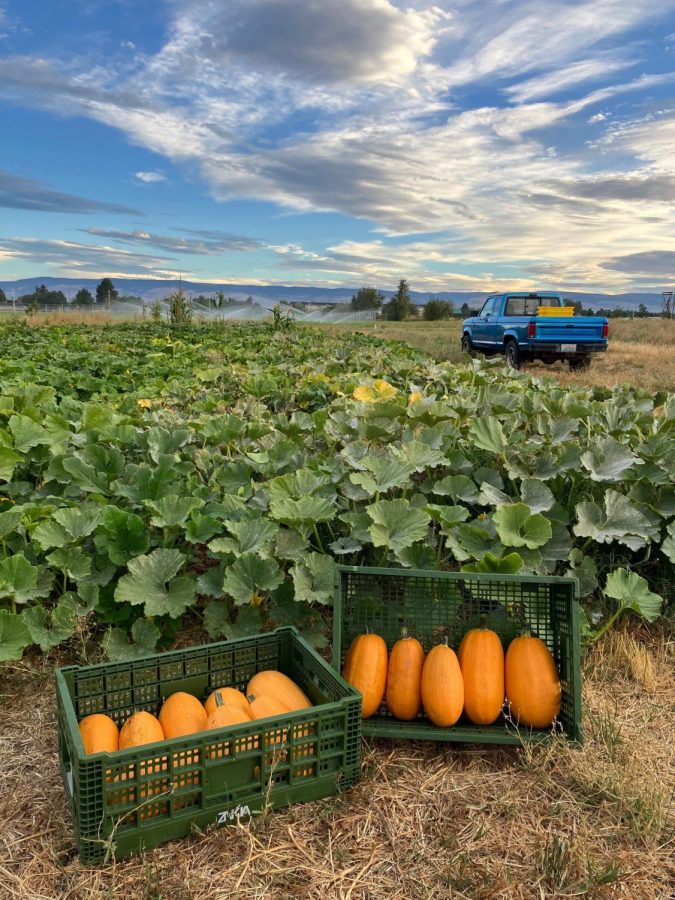CWU awarded silver STARS in sustainability
October 19, 2022
CWU received silver STARS in sustainability from the Association for the Advancement of Sustainability in Higher Education (AASHE) on Sept. 16.
The Sustainability Tracking, Rating and Assessment & Rating System (STARS) was created for higher education. There are five ratings a university can earn: Reporter, Bronze, Silver, Gold and Platinum.
To receive a STARS rating, universities must collect data and submit a report. Susan Kaspari, professor of geological science, led the efforts to submit CWU’s report this year.
Kaspari said there were lots of different stakeholders on campus that contributed data to help complete this report.
“There’s a lot of things that they [STARS] ask of operations related to greenhouse gas emissions and water use,” Kaspari said. “There’s things related to human resources in terms of equitable pay. What is the difference in your lowest paid employees and your highest paid employees, just in terms of discrepancy in wealth.”
Kaspari said in the report, the STARS program also asks how the universities are working with the community, state or federal level to promote sustainability.
CWU has already made efforts in becoming more sustainable. One way CWU is making a difference is through having two Leadership in Energy and Environmental Design (LEED) buildings, Samuelson Hall and Health Sciences Hall.
According to usgbc.org, for a building to be recognized as a LEED building, it needs to have, “Achievements in location and planning, sustainable site development, water savings, energy efficiency, materials selection, waste reduction, indoor environmental quality, innovative strategies and attention to priority regional issues.”
Another way CWU is practicing sustainable habits is through the Wildcat Neighborhood Farm which opened in 2018 and is located in the outer north part of campus. The farm supplies food to Dining Services.
Carina Gaz, interim farm manager, said the farm centers around sustainability. One way they do this is by bringing awareness to how people interact with the land.
“We have students and staff coming out onto the farm for tours or for volunteering and all those individuals who come out to the farm are getting exposure to what it means to get their hands in soil and be a part of the land,” Gaz said.
Gaz said the reason the farm was started was to be able to grow food closer to campus.
“So we take [transportation] out of the equation and are able to pick a tomato and get it to the SURC within a handful of minutes and that’s a big deal,” Gaz said.
Julian Dautremont, director of programs for AASHE, said sustainability in universities is important because universities are educating our future leaders.
“Sustainability challenges represent some of the most fundamental challenges that humanity will face in the coming decades,” Dautremont said.
Students can also help their universities become more sustainable by asking their university questions.
“Student activists are kind of a key reason why the field that ASSHE now exists, most of our constituents are paid sustainability staff but that whole profession would not exist if students weren’t asking for it and weren’t saying ‘Why are we wasting all this stuff?’ ‘Why are we polluting?’” Dautremont said.

